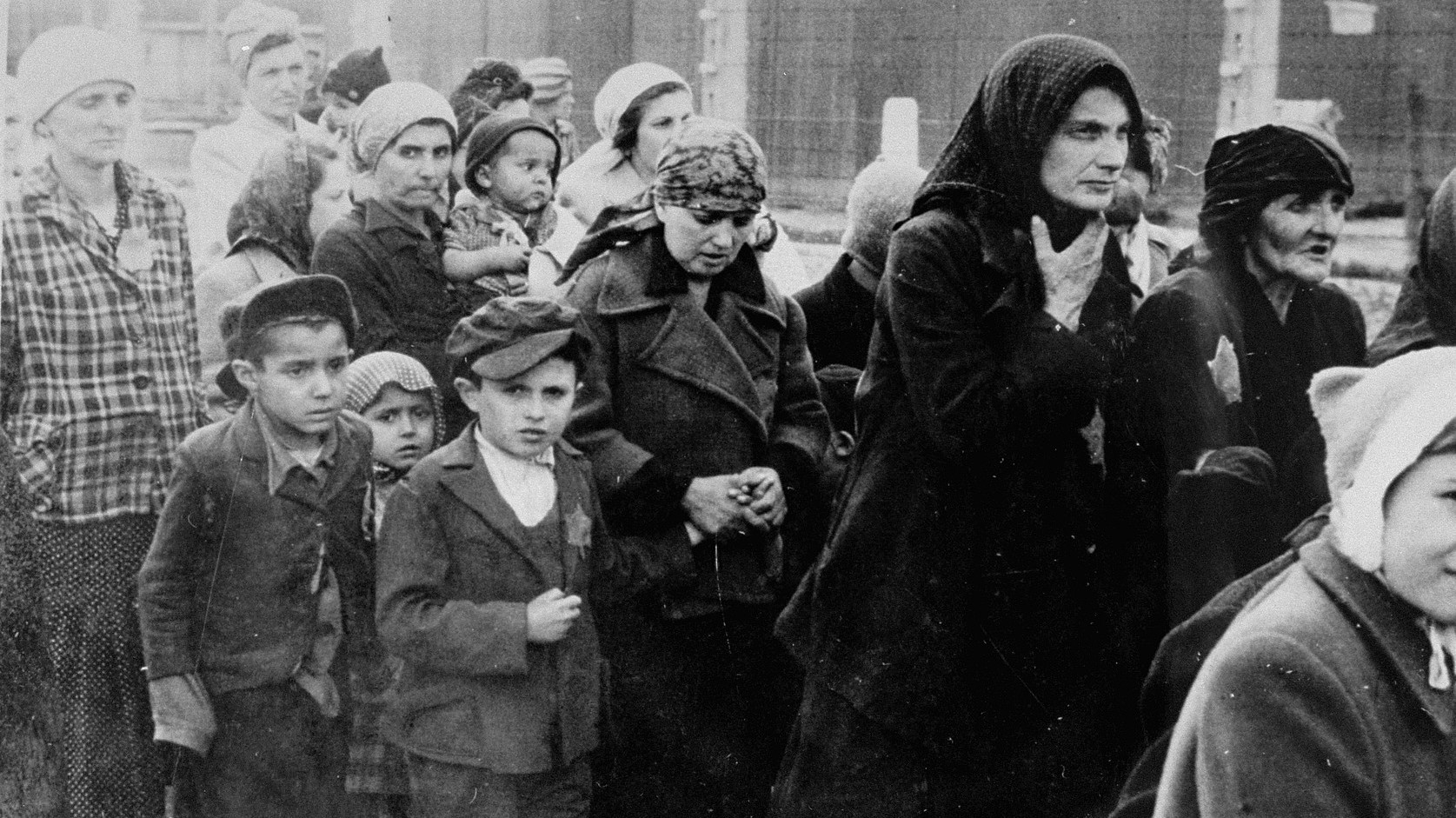

Remembering the victims of the Holocaust
Jermaine Bagnall
Wednesday, January 27, 2021

The Holocaust profoundly affected countries in which Nazi crimes were perpetrated, but also had universal implications and consequences in many other parts of the world. Member States share a collective responsibility for addressing the residual trauma, maintaining effective remembrance policies, caring for historic sites, and promoting education, documentation and research, seven decades after the genocide. This responsibility entails educating about the causes, consequences and dynamics of such crimes so as to strengthen the resilience of young people against ideologies of hatred. As genocide and atrocity crimes keep occurring across several regions, and as we are witnessing a global rise of anti-Semitism and hateful discourses, this has never been so relevant.Remembrance through documentary Although the Holocaust is widely known and taught in school history classes, over time it has become more distant, particularly as there are fewer and fewer first hand witnesses alive to share their story and experience. This is where the importance of documentary storytelling can play a vital role in keeping the stories alive and ensuring that the current generation does not forget. Here are a few powerful films about the Holocaust you might want to watch in honour of this important day of commemoration: A Hand of Peace: Pope Pius XII and the Holocaust This documentary looks at Pope Pius XII and the diplomatic work he had to engage in during his papacy. Pope Pius XII has often been accused of being a hands-off pope who did not do enough to help the European Jews being killed by the Nazis. A Hand of Peace dispels that myth with a series of great interviews that help show how the Catholic Church stepped up to help during this horrific time. This film, directed by David Naglieri, was produced by Salt + Light Media and is available to rent. Shoah Shoah (the Hebrew word for Holocaust) is a 10-hour documentary by French director Claude Lanzmann that took over a decade to create. It includes interviews with survivors, witnesses, and perpetrators of the Holocaust and gives the viewer a chance to see the different facets of the Holocaust, offering a glimpse into the time, space, and circumstances that lead to such a grave tragedy. Be forewarned: this masterpiece of a documentary is a hard film to watch, particularly as Lanzmann brings survivors back to the death camps that they had survived. Night and Fog This documentary is in the same vein as Shoah but takes place 10 years after the liberation of the death camps. Night and Fog takes the viewer into the now closed grounds of Auschwitz and Majdanek and contrasts the images with that of wartime footage in the same places. The juxtaposition creates a haunting feeling as the viewers are exposed to the horrors of the Holocaust. Lest we forget Although there have been many genocides since the Holocaust, the importance of remembrance is not lessened. The purpose of remembrance is to keep history in the forefront in order not to repeat it. To honour the 76th anniversary of the liberation of Auschwitz, the United Nations and UNESCO have jointly organized a series of events with the International Holocaust Remembrance Alliance that are fully available online due to the global pandemic. They are doing their part to ensure history remains at the forefront lest it be repeated. Will you join them?
Related Articles:
Category: General Posts
Tag: Hand of Peace, Holocaust, Pope Pius XII, Pope Pius XII and the Holocaust, UNESCO
A House Not Made With Hands: St. Anne’s Anglican Church
Friday, February 21, 2025
 Scott Harris
Scott Harris
In June, 2024, the domed roof and interior of St. Anne's Anglican Church in Toronto tragically burned down. However, the parish community continues to stand strong and serve its neighbourhood.
Pray with Pope Francis Reflection – February 2025
Friday, February 7, 2025
 Fr. Edmund Lo, SJ
Fr. Edmund Lo, SJ
Pope Francis invites us to pray for vocations to the priesthood and religious life, that the ecclesial community might welcome the desires and doubts of those young people who feel a call to serve Christ’s mission in the priesthood and religious life.
Pray with Pope Francis Reflection – January 2025
Tuesday, January 7, 2025
 Fr. Edmund Lo, SJ
Fr. Edmund Lo, SJ
Pope Francis invites us to pray for the right to an education for migrants, refugees and those affected by war; that their right to an education, which is necessary to build a better world, may always be respected.
What the CND sisters are looking forward to this Christmas
Tuesday, December 17, 2024
 Maria Montemayor
Maria Montemayor
I had the wonderful opportunity to meet with the CND sisters and enjoy a special lunch of soup, pizza, salad, and dessert. While I was there, I thought it would be a great opportunity to ask the sisters about what they were looking forward to this Christmas.
Pray with Pope Francis Reflection – December 2024
Tuesday, December 10, 2024
 Fr. Edmund Lo, SJ
Fr. Edmund Lo, SJ
In this month of December, Pope Francis asks us to pray for pilgrims of hope: We pray that this Jubilee Year strengthens our faith, helping us to recognize the Risen Christ in our daily lives, and that it may transform us into pilgrims of Christian hope.










